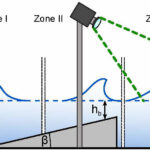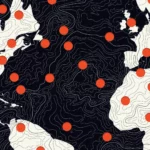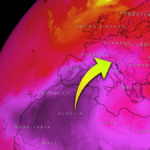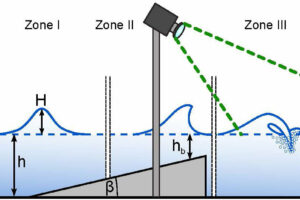Greenpeace Russia announced its closure on Friday following the authorities’ decision to label it an “undesirable” organization.
In a statement on its website, the environmental advocacy NGO called the “undesirable” status “an absurd, irresponsible and destructive step that has nothing to do with protecting the country’s interests.”
“By destroying Greenpeace for being critical of environmental issues, the country loses one of its leading experts in solving environmental problems,” Greenpeace Russia said.
Greenpeace Russia’s announcement comes hours after Russia’s Prosecutor General’s Office labeled it “undesirable,” a designation that renders all of its activities illegal.
The Prosecutor General’s Office accused Greenpeace of “interfering” with Russia’s internal affairs, “undermining” the country’s economy and “financing” the activities of Russian organizations designated as “foreign agents.”
It also claimed that since the start of the Kremlin’s invasion of Ukraine, “Greenpeace activists have been engaged in anti-Russian propaganda, calling for further economic isolation of our country and tightening sanctions.”
The Russian chapter of the Amsterdam-headquartered NGO has played a key role in demanding action on climate and environmental issues in Russia.
In particular, the organization has aided in fighting Russia’s seasonal wildfires — an issue under-acknowledged by the authorities — by developing a network of volunteers, conducting trainings for employees of national parks and reserves and proposing legislative reforms.
Greenpeace Russia said it “categorically” disagreed with the decision by the Prosecutor General’s Office but that it had no other choice but to close.
“This decision makes it illegal for any Greenpeace activity to continue in Russia. Therefore, the Russian branch of Greenpeace is forced to close,” the group said in a statement on its website.
Organizations labeled “undesirable” must immediately disband within Russia. Any level of affiliation with these groups, including donating to them or sharing their publications online, is a criminal offense.
The move to ban Greenpeace comes amid a tightening clampdown on environmental groups within Russia over the past year.
In March, Russia labeled the World Wildlife Fund’s Russia chapter a “foreign agent,” a designation that imposes rigorous auditing and labeling requirements.
The environmental group Movement 42, based in northern Russia’s Arkhangelsk region, ceased its activities in January after being designated a “foreign agent.”
And in December, Sakhalin Environment Watch (SEW), a veteran environmental watchdog in the Russian Far East, announced its closure after also being labeled a “foreign agent.”
Source : The Moscow Times











Add Comment